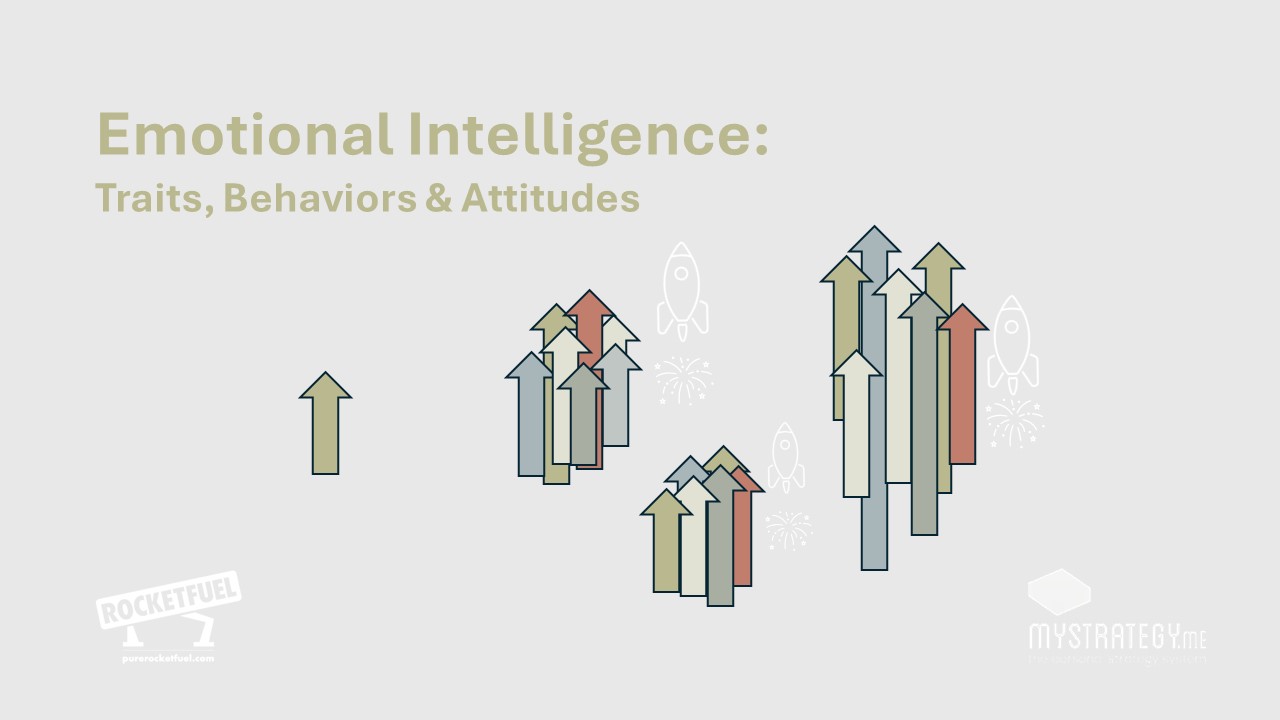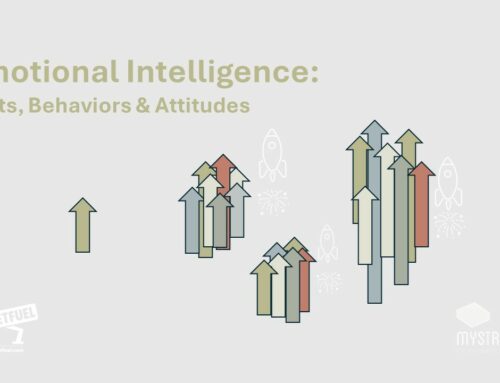
If it is truly ‘golden’, then why are we so bad at preserving – or, indeed, demanding – silence, asks Leadership & Performance Coach, Davina Greene.
I adore silence. Whenever I’m discussing that universal pet topic, The State Of The World Today, I always find myself drawing on the point that what we were given (that is, all that is natural), was people, animals, grass, trees, sky, rivers, lakes, oceans…and near-silence. An unwanted sound generally implied danger, a problem. For me, access to – and comfort with – silence is therefore at the very core of wellbeing, and our ability to reflect, understand, and act well. Tired, stressed, distracted and intolerant, we diminish our ability to act in an emotionally intelligent fashion.
The Scope of Silence
These days, noise and silence are generally discussed not only in terms of decibels, but even more so in relation to information volume. Social media, in particular, has reduced our access to silence, and therefore to space for constructive focus. I watch people endlessly staring down at a phone or tablet, taking in friends’ status updates, watching random videos, reading blogs… Staring into space, just thinking, seems a thing of the past. I watch businesses employ people to react to every little online comment, every little question from every single person (whether potential client or probable time-waster) and I wonder why everyone has accepted all of this noise, this endless information-pushing and commentary.
Modern life also has us living on top of each other, in often poorly-built apartments or tightly-packed houses. So, the place that is supposed to be your haven often becomes a place where other peoples’ domestic arguments, loud children, clip-clopping stiletto heels and gaming sound effects come through the walls and ceilings. Wind-down and self-preservation become wind-up and battle-prep. To obtain silence, it seems you’re supposed to buy an exclusive holiday to a distant mountain-top or tropical beach. Fair? No. I don’t think so, anyway.
The Importance of Silence
Is silence really worth getting emotional about? Yes! It can release tension in the brain and body in just two minutes, often more effectively than relaxation music. It allows our brains to restore themselves, improving memory and even physically allowing the brain to grow. Silence allows us to more easily lapse into day-dream, fantasy and general mind-wandering, tapping more deeply into ourselves.
Silence improves our focus and our ability to notice the important things, to listen to ourselves and to others. Florence Nightingale once said “Unnecessary noise is the most cruel absence of care that can be inflicted on sick or well.” When someone gets sick, we create silence around them. Why not before, when it can apparently even boost the immune system?
Conversely, noise can raise your blood pressure, or cause sleep loss or sleep disturbance – directly, or through the pressure and dread of having to plan some interaction with the perpetrator.
Not everyone is the same – for example, some coaching clients want to sit in total closed-off silence during a session, whereas others would far prefer to sit somewhere with people and a hum of noise, like a café or hotel foyer. Some people are so stressed or lonely that they need external noise to help wipe out the noise in their own head, or for company – that’s OK, for a short while. Your upbringing can determine what levels of noise you can cope with. Your organizational skills can impact your ability to build in some silence. There’s no particular right or wrong here – just understanding to be reached and consideration to be given.
Personally, I fight for silence in my world as much as I can. My phone remains mainly on ‘silent’ – if I’m free, then I’ll probably see it ring, and if I’m not, then I don’t want to take a call, anyway. I’ve unsubscribed from almost all mailing lists. Social media plays a minimal role in my world. I’ll happily leave my phone in a different room, of an evening. My neighbors know my feelings on midnight music.
There’s no one, full, easy solution, but there is a lot you can do to reclaim some silent space for yourself. And I thoroughly recommend that you do.
Key Considerations to Access More Silence
- Are you “always on”? Do you need to be?
- What unnecessary noise do you receive? Notice if you are permitting yourself some silence.
- What unnecessary noise do you create? Notice if you are allowing people silence.
- Consider how increasing your access to silence might benefit you. What could you gain?
- Consider why you might be avoiding silence – fear of your own thoughts, of solitude, or of missing out?
- Ensure that adequate access to silence is part of your ongoing Wellbeing strategy.
Interested in investing in your own personal – and personal strategy – development? Check out www.MyStrategy.me!
Share This!
About the Author



